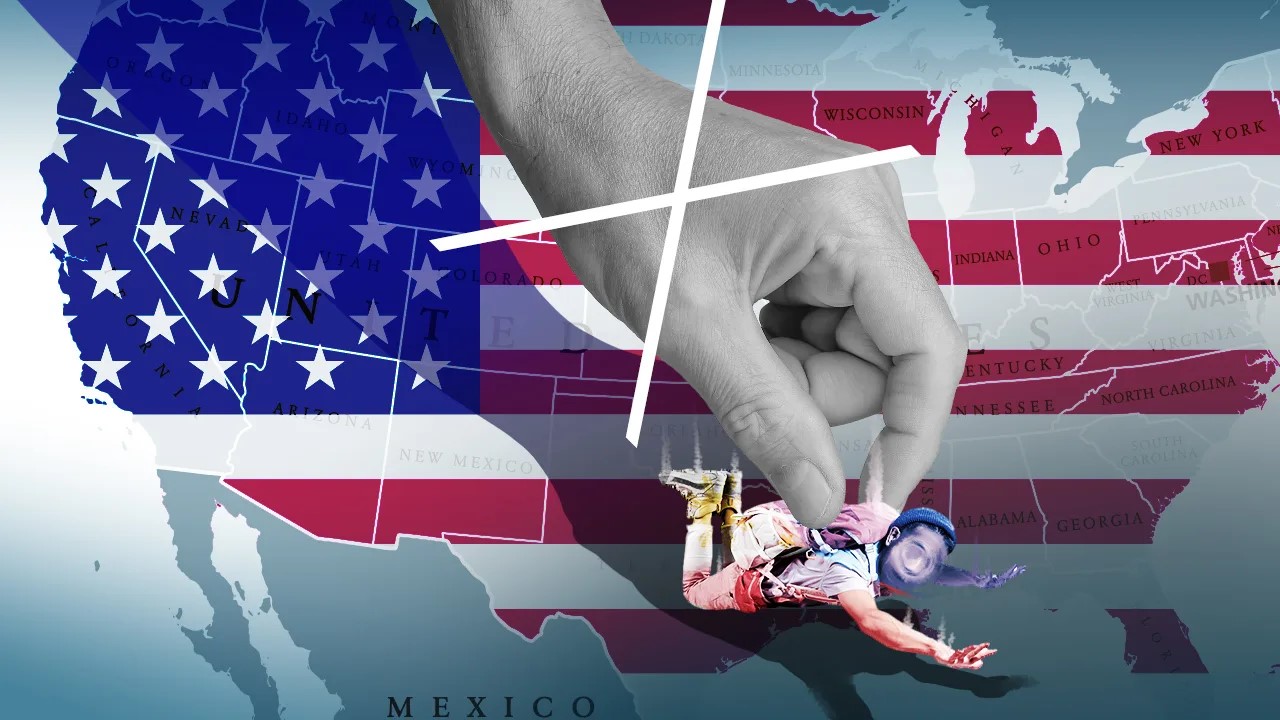President-elect Donald Trump’s hardline rhetoric on immigration enforcement has sent ripples of fear through America’s immigrant communities, even before any concrete policies have been enacted. The threat of mass deportations and stricter immigration controls looms large, casting uncertainty over millions of undocumented workers and the industries that rely on them.
Sam Sanchez, a Chicago-based restaurateur and advocate for immigration reform, describes the growing unease among workers and business owners. During a recent visit to Little Village, a historically vibrant Mexican-American neighborhood in Chicago, he noticed a stark change. “Sales are down by 50% in some restaurants,” Sanchez said. “People are afraid to go out, afraid to work, afraid to live their lives.”
This fear is not confined to one community. Across the nation, immigrant workers are grappling with the possibility of losing their jobs, their homes, and their families. Sanchez worries that the restaurant industry, already under pressure from labor shortages, could face an existential crisis if undocumented workers stop showing up. “If this workforce disappears, the ripple effects will devastate not just restaurants but the entire economy,” he said.
The scale of the potential disruption is immense. According to the Global Migration Center at UC Davis, there are roughly 10.5 million undocumented immigrants in the U.S., with 8.5 million actively employed. These workers form the backbone of sectors such as agriculture, hospitality, and construction, industries that are already struggling to find enough labor.
Economists warn that mass deportations could lead to significant economic contractions. Giovanni Peri, an expert in migration economics, explains that a shrinking labor force would hinder growth, reduce productivity, and increase costs for consumers. Industries like agriculture, where undocumented workers make up a large portion of the workforce, would be hit particularly hard.
Ron Estrada, CEO of Farmworker Justice, paints a dire picture of the consequences for the nation’s food supply. “Farmworkers are the backbone of our agricultural system,” he said. “If we lose half of that workforce, the impact on food production, pricing, and security will be catastrophic.”
Estrada points out that many farmworkers have been in the U.S. for decades, contributing to an industry that feeds the nation. Yet, they remain ineligible for permanent residency or green cards. Temporary work visas like the H-2A program offer little relief, as they are limited to seasonal employment and fail to address year-round needs.
The economic implications extend far beyond agriculture. During the pandemic, labor shortages in the hospitality industry underscored the critical role of undocumented workers. Sanchez recalls how restaurants struggled to stay open with limited staff, highlighting the challenges of operating without this labor force.
As the fear of deportation grows, the human toll is becoming increasingly evident. For immigrants like Joanne Eriaku, an asylum seeker from Uganda, the stakes are deeply personal. After fleeing her home country to protect her children, Eriaku has spent years building a life in the U.S. Yet, she now faces the possibility of being uprooted again.
Eriaku, who manages multiple businesses while raising her sons, fears what the future holds for her family. Her eldest, nearing adulthood, will soon need to navigate the asylum process independently. “I just want him to have the opportunity to succeed,” she said. “I can’t bear the thought of him being sent back to Uganda.”
The uncertainty surrounding Trump’s immigration agenda is already taking a toll on the nation’s social and economic fabric. While the specifics of his policies remain unclear, the fear they have sparked is real and widespread. For millions of undocumented workers and their families, the future hangs in a precarious balance, with far-reaching implications for the country as a whole.






